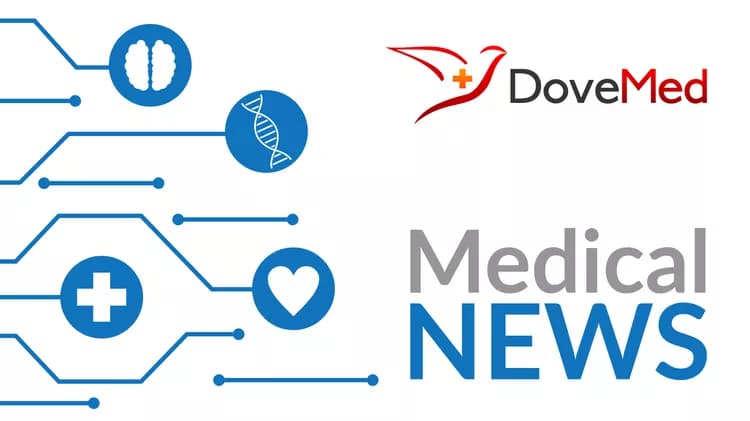
Robots Have Power To Significantly Influence Children's Opinions
Young children are significantly more likely than adults to have their opinions and decisions influenced by robots, according to new research.The study, conducted at the University of Plymouth, compared how adults and children respond to an identical task when in the presence of both their peers and humanoid robots.
It showed that while adults regularly have their opinions influenced by peers, something also demonstrated in previous studies, they are largely able to resist being persuaded by robots.
However, children aged between seven and nine were more likely to give the same responses as the robots, even if they were obviously incorrect.
The study used the Asch paradigm, first developed in the 1950s, which asks people to look at a screen showing four lines and say which two match in length. When alone, people almost never make a mistake but when doing the experiment with others, they tend to follow what others are saying.
When children were alone in the room in this research, they scored 87% on the test, but when the robots join in their score drops to 75%. And of the wrong answers, 74% matched those of the robot.
Writing in Science Robotics, scientists say the study provides an interesting insight into how robots could be used positively within society. However, they also say it does raise some concerns around the potential for robots to have a negative influence on vulnerable young children.
The research was led by former Plymouth researcher Anna Vollmer, now a Postdoctoral Researcher at the University of Bielefeld, and Professor in Robotics Tony Belpaeme, from the University of Plymouth and Ghent University.
Professor Belpaeme said: "People often follow the opinions of others and we've known for a long time that it is hard to resist taking over views and opinions of people around us. We know this as conformity. But as robots will soon be found in the home and the workplace, we were wondering if people would conform to robots.
"What our results show is that adults do not conform to what the robots are saying. But when we did the experiment with children, they did. It shows children can perhaps have more of an affinity with robots than adults, which does pose the question: what if robots were to suggest, for example, what products to buy or what to think?"
Researchers in Plymouth have worked extensively to explore the positive impact robots can have in health and education settings.
They led the four-year ALIZ-E programme, which showed that social robots can help diabetic children accept the nature of their condition, and are leading L2TOR, which aims to design a robot that can be used to support preschool children learning a second language.
In their conclusion to the current study, the researchers add: "A future in which autonomous social robots are used as aids for education professionals or child therapists is not distant. In these applications, the robot is in a position in which the information provided can significantly affect the individuals they interact with. A discussion is required about whether protective measures, such as a regulatory framework, should be in place that minimise the risk to children during social child-robot interaction and what form they might take so as not to adversely affect the promising development of the field."
Related Articles
Test Your Knowledge
Asked by users
Related Centers
Related Specialties
Related Physicians
Related Procedures
Related Resources
Join DoveHubs
and connect with fellow professionals

0 Comments
Please log in to post a comment.